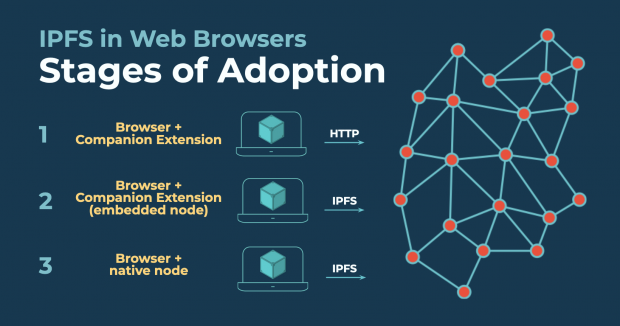
Breaking News
SEMI-NEWS/SEMI-SATIRE: December 7, 2025 Edition
 Harbor Freight Coverpro 12x20 made into a Metal Building part 2
Harbor Freight Coverpro 12x20 made into a Metal Building part 2
 Brian Cole BUSTED, Halle Berry NUKES Newsom + Candace REJECTS TPUSA Challenge...
Brian Cole BUSTED, Halle Berry NUKES Newsom + Candace REJECTS TPUSA Challenge...
 I spent my Thanksgiving in the emergency rom... Medical emergencies can pop up at any time.
I spent my Thanksgiving in the emergency rom... Medical emergencies can pop up at any time.
Top Tech News
 Build a Greenhouse HEATER that Lasts 10-15 DAYS!
Build a Greenhouse HEATER that Lasts 10-15 DAYS!
 Look at the genius idea he came up with using this tank that nobody wanted
Look at the genius idea he came up with using this tank that nobody wanted
 Latest Comet 3I Atlas Anomolies Like the Impossible 600,000 Mile Long Sunward Tail
Latest Comet 3I Atlas Anomolies Like the Impossible 600,000 Mile Long Sunward Tail
 Tesla Just Opened Its Biggest Supercharger Station Ever--And It's Powered By Solar And Batteries
Tesla Just Opened Its Biggest Supercharger Station Ever--And It's Powered By Solar And Batteries
 Your body already knows how to regrow limbs. We just haven't figured out how to turn it on yet.
Your body already knows how to regrow limbs. We just haven't figured out how to turn it on yet.
 We've wiretapped the gut-brain hotline to decode signals driving disease
We've wiretapped the gut-brain hotline to decode signals driving disease
 3D-printable concrete alternative hardens in three days, not four weeks
3D-printable concrete alternative hardens in three days, not four weeks
 Could satellite-beaming planes and airships make SpaceX's Starlink obsolete?
Could satellite-beaming planes and airships make SpaceX's Starlink obsolete?
IPFS Browser Update

Right now, software that is fully in the control of the user is often too technical, too fragile, and too time-consuming to be the default choice.
But we're making headway. Today, we'd like to share some collaborations the IPFS project has had in the works for a while, which bring us a few steps closer to making unmediated access to information just work… by solving that "last mile" problem and integrating IPFS directly into web browsers.
The path to a truly decentralized web is a long one. For over 30 years the browser has been a client – but a foundational concept in P2P systems is that a participant is both a client and a server. Web browser vendors and web standards bodies have not designed for this architectural shift, so we're breaking it down into steps.
From the beginning, IPFS had an HTTP gateway. The gateway lets HTTP clients like web browsers publish to and read from the IPFS network. Now there are lots of different public HTTP gateways to the IPFS network, and the gateway we run at ipfs.io serves over five million requests per day.

 First totally synthetic human brain model has been realized
First totally synthetic human brain model has been realized Mach-23 potato gun to shoot satellites into space
Mach-23 potato gun to shoot satellites into space

